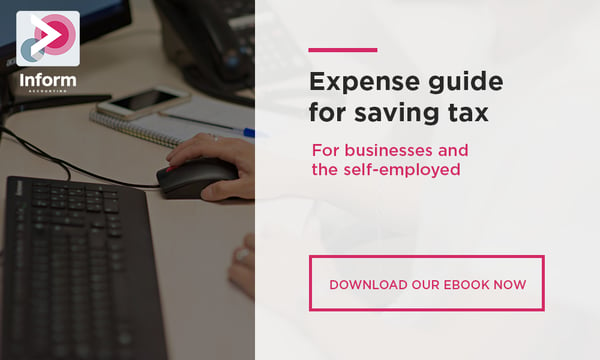BLOG COMPANY TAXES, EXPENSES & RATES
Dealing with directors’ loan accounts
What are directors’ loan accounts?
It is common for director-shareholders in family companies to have a loan account with the company. They can take a variety of forms; sometimes specific amounts borrowed outright as a short-term loan, but often informal transactions, such as cash withdrawals to meet personal expenditure, or personal expenses paid directly by the company.
Where, overall, a director has borrowed more from the company than they have lent to it, the director’s loan account is said to be overdrawn. Such balances are usually cleared a few months after the year end, when profits have been determined, often by voting a dividend or paying a bonus.
Corporation Tax implications
As most family companies are what are technically called ‘close’ companies, they are within scope of the loans to participators rules. The rules mean that a charge to Corporation Tax, often known as a s455 charge, arises if the loan is unpaid nine months and one day after the end of the accounting period. For loans made on or after 6 April 2022, the charge is 33.75%.
The charge is temporary, in that when the loan is paid or written off by the company, the s455 tax is repaid. This, however, only takes place nine months and one day after the end of the accounting period in which the loan is repaid.
Planning for the charge
There is no charge if the director-shareholder repays the loan balance within nine months and one day of the end of the accounting period. Options to clear the loan account and avoid the s455 charge crystallising include paying dividends or a bonus; repayment in cash; or writing off the loan. Alternatively, the loan could be left outstanding. Please do talk to us about the best course of action for you.
Quite apart from the issue of the s455 charge, a loan to a director-shareholder may stand to be treated as a taxable employment benet. Overall, it is a complex area, and we would be pleased to advise further.
Looking for more tax planning tips?
With the closure of the 24/25 tax year approaching on April 5, 2025, there remains an opportunity to assess your tax strategies and capitalise on current year-end possibilities. Inform Accounting's Year End Planning Guide offers advice and tactics to ready yourself for the financial year's end, maximising available tax allowances and reliefs.
Read more of Inform's tax blogs:




.jpg?width=1500&height=1000&name=amy-hirschi-K0c8ko3e6AA-unsplash-(5).jpg)

